Vocabulary Building Phonics Worksheets for 7-Year-Olds
8 filtered results
-
From - To
Discover our engaging Vocabulary Building Phonics Worksheets designed specifically for 7-year-olds! These interactive resources help enhance reading and writing skills by connecting phonics with vocabulary development. Each worksheet features fun exercises that encourage children to decode words, comprehend meanings, and apply new vocabulary in context. With colorful illustrations and age-appropriate activities, your child will enjoy learning while building a strong foundation in language arts. Perfect for home learning or classroom use, our worksheets adapt seamlessly to various learning styles, boosting confidence and proficiency in young learners. Unlock the power of words today and enrich your child's language journey!
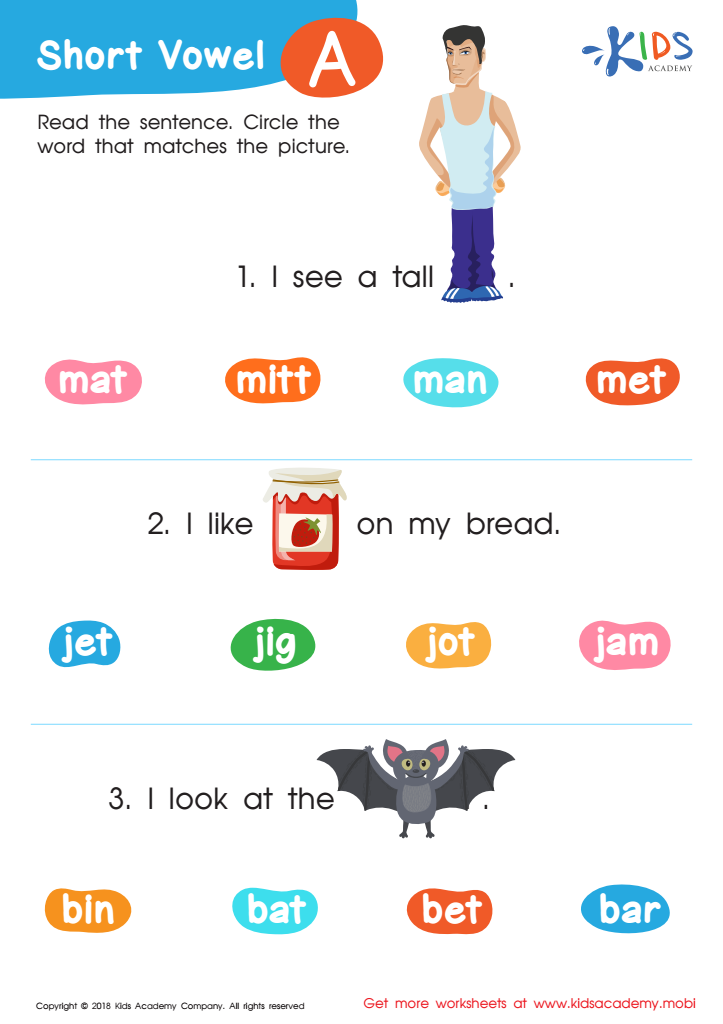

Short Vowel /a/ Worksheet
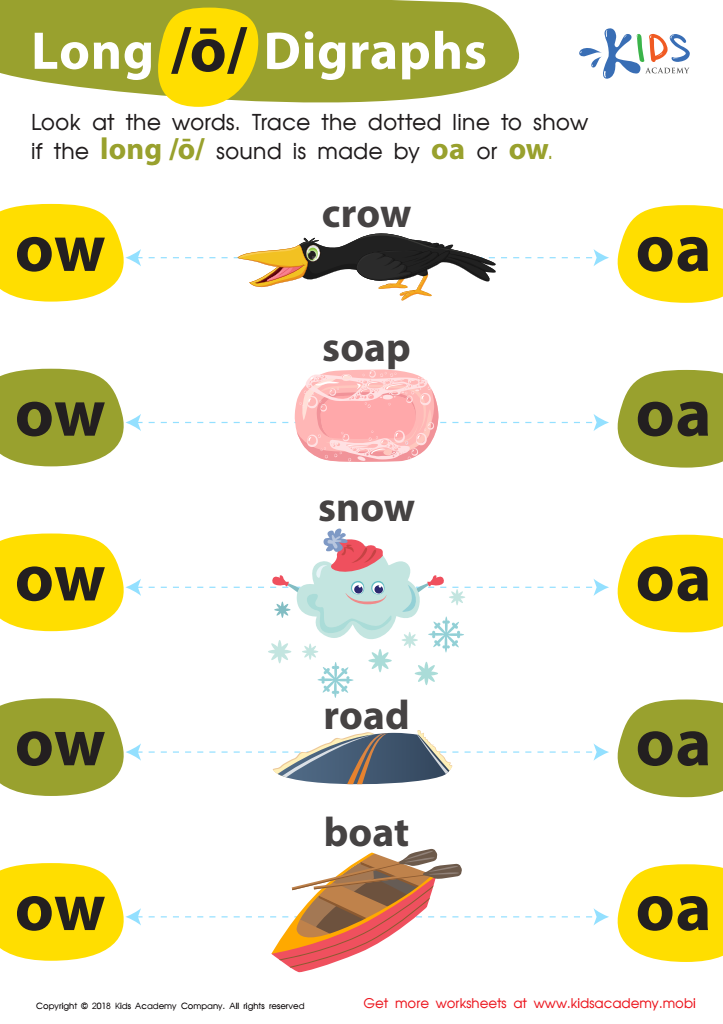

Reading: Long O Digraphs Worksheet
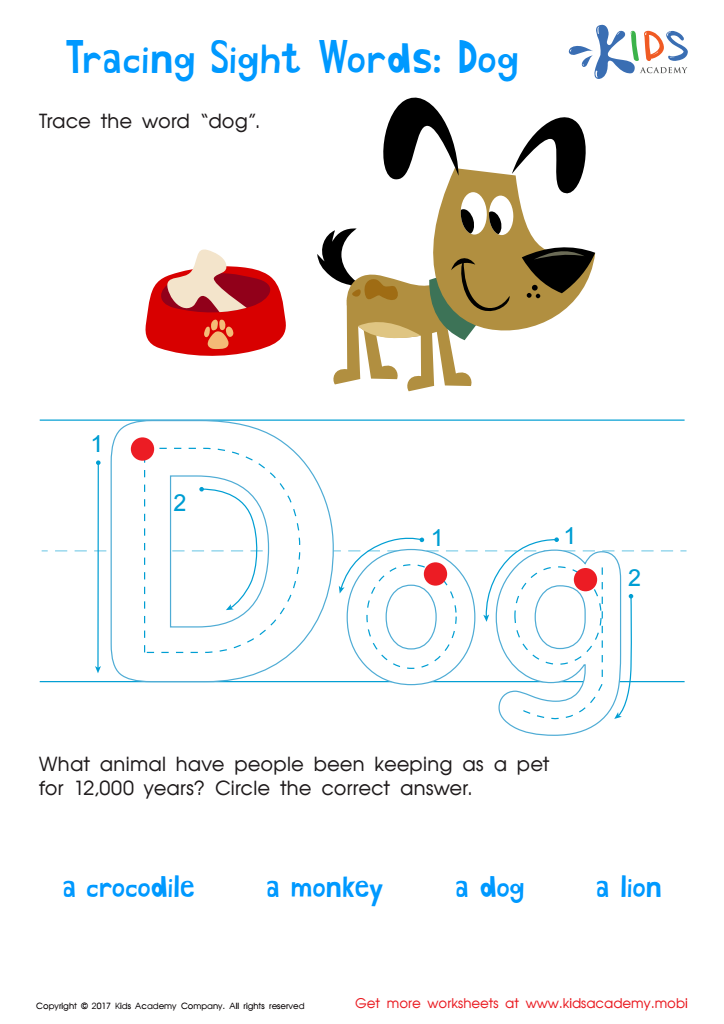

Dog Worksheet Sight Words Worksheet
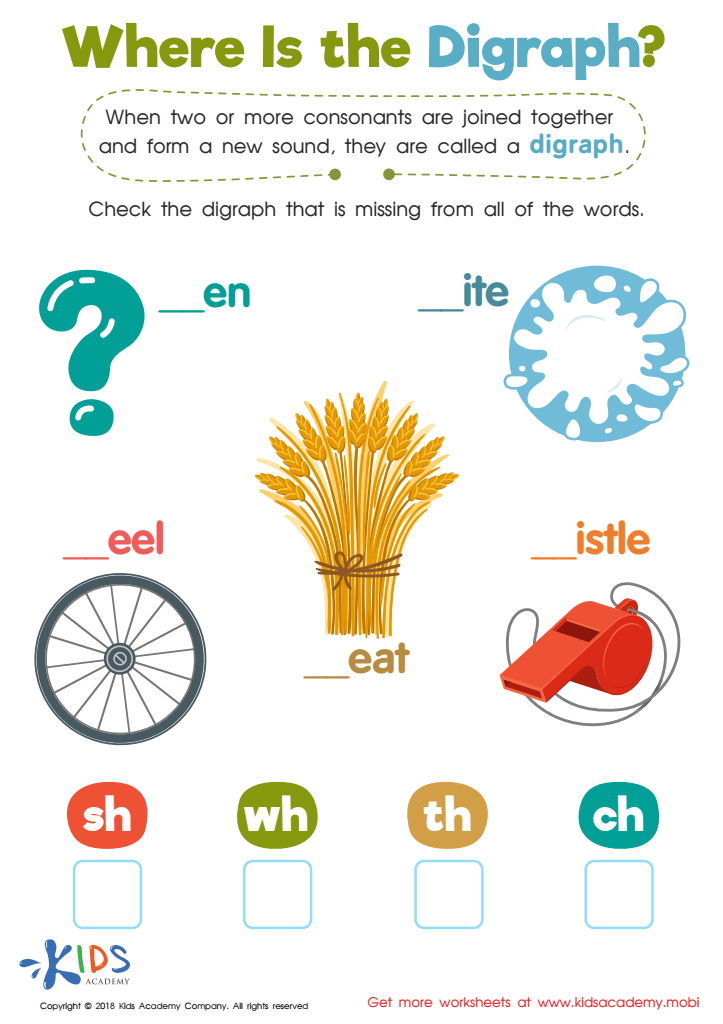

Where Is the Digraph? Worksheet
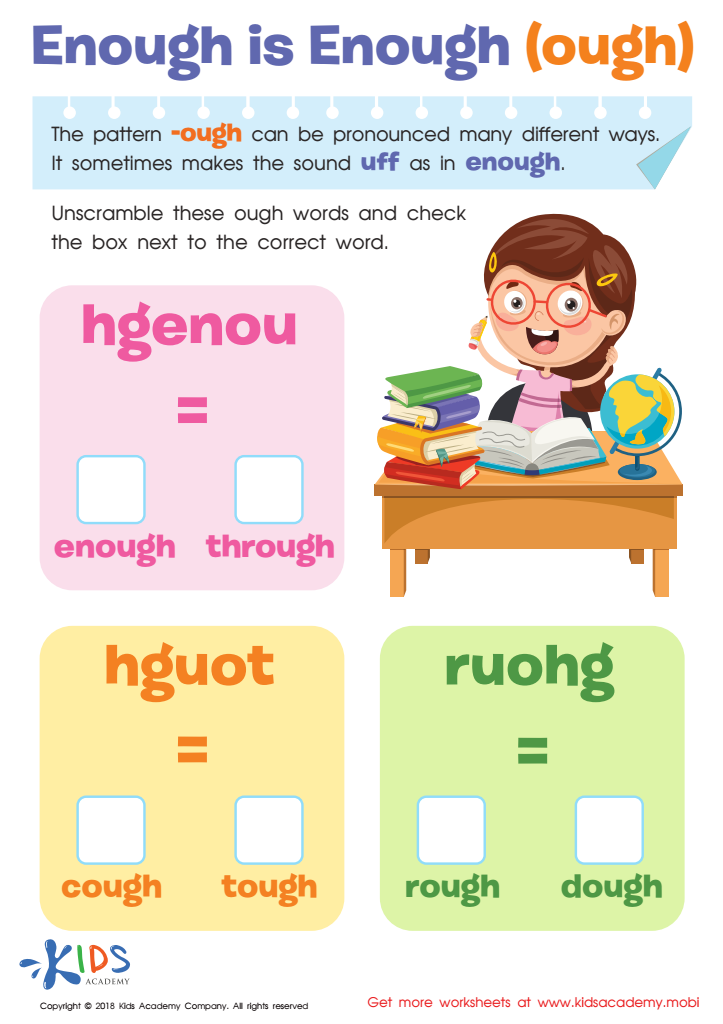

Enough Is Enough (ough) Worksheet
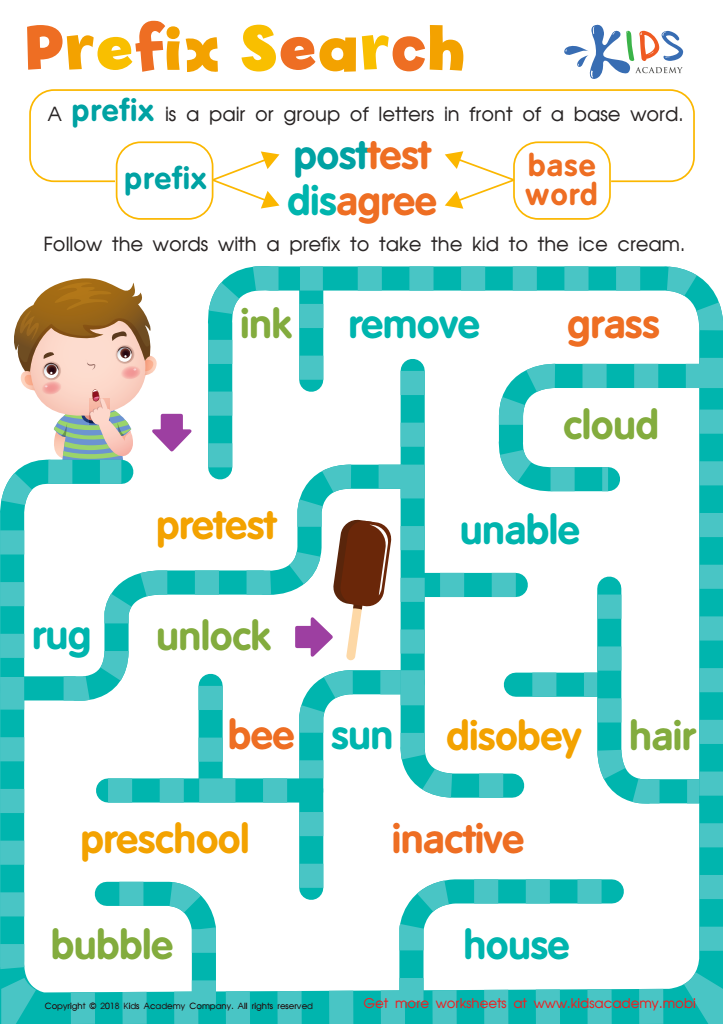

Reading: Prefix Search Worksheet
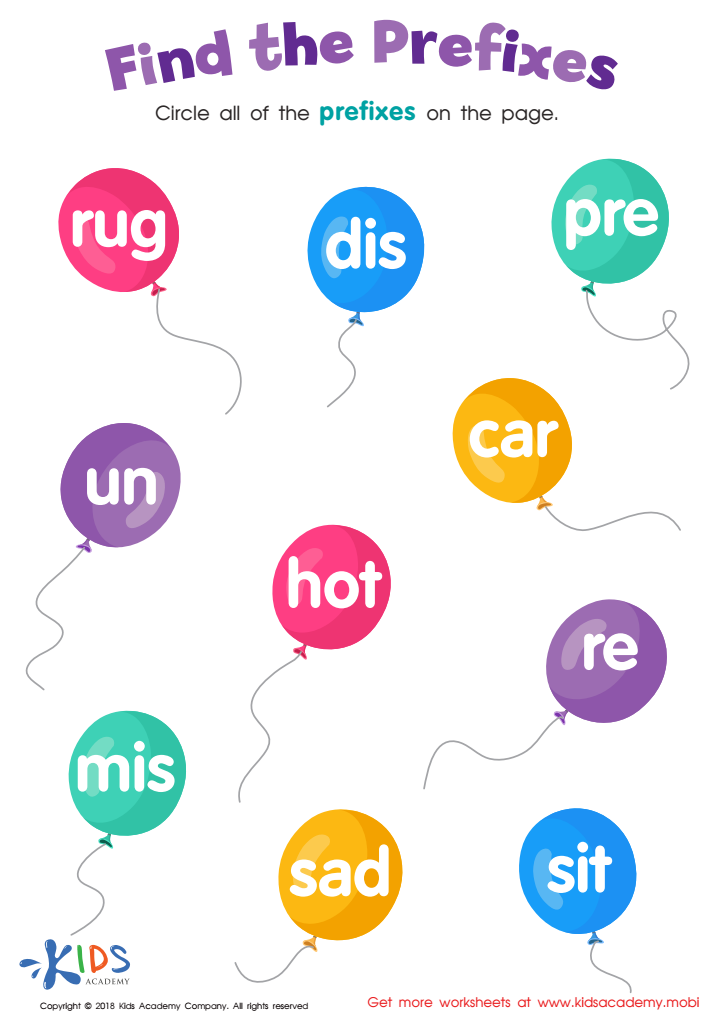

Reading: Find the Prefixes Worksheet
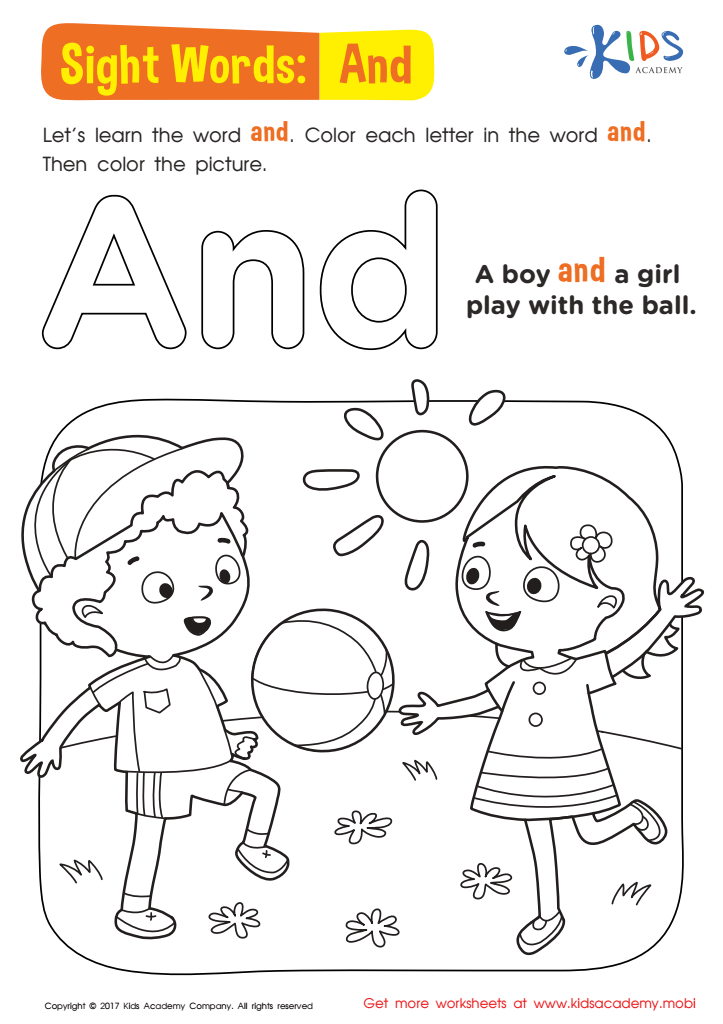

And Worksheet Sight Words Worksheet
Vocabulary building and phonics are essential components of literacy development for 7-year-olds, a pivotal age when children transition from learning to read to reading to learn. A strong vocabulary helps children understand what they read, enabling them to engage more deeply with texts and express ideas clearly. As they expand their vocabulary, they also build confidence in their reading and writing abilities, which can foster a lifelong love for learning.
Phonics, the relationship between letters and sounds, is crucial for developing decoding skills. Knowledge of phonics helps children sound out words, thereby enhancing their reading fluency. When children become proficient in phonics, they can tackle unfamiliar words independently, reducing frustration and promoting a sense of achievement.
Moreover, building strong vocabulary and phonics skills supports overall cognitive development. It enhances critical thinking, comprehension, and communication skills—all vital for academic success and daily interactions. Parents and teachers should prioritize these areas to equip children with the tools they need to navigate increasingly complex texts throughout their education. Ultimately, a focus on vocabulary and phonics sets a solid foundation for future skills, ensuring that children are prepared for the challenges of secondary education and beyond.
 Assign to My Students
Assign to My Students


















